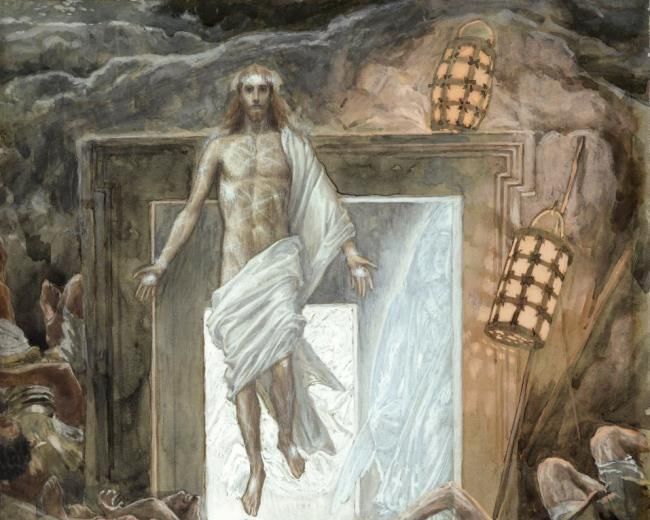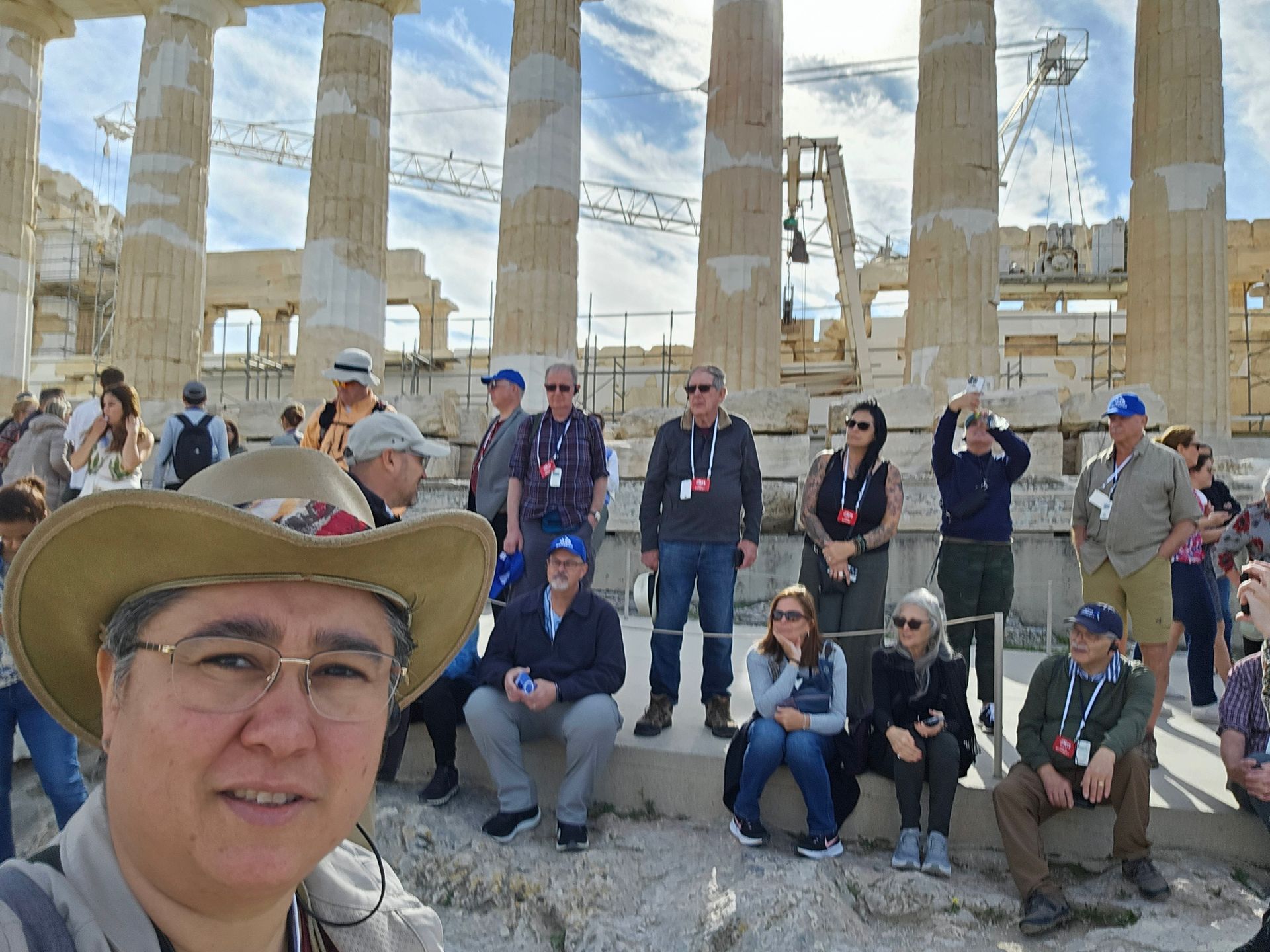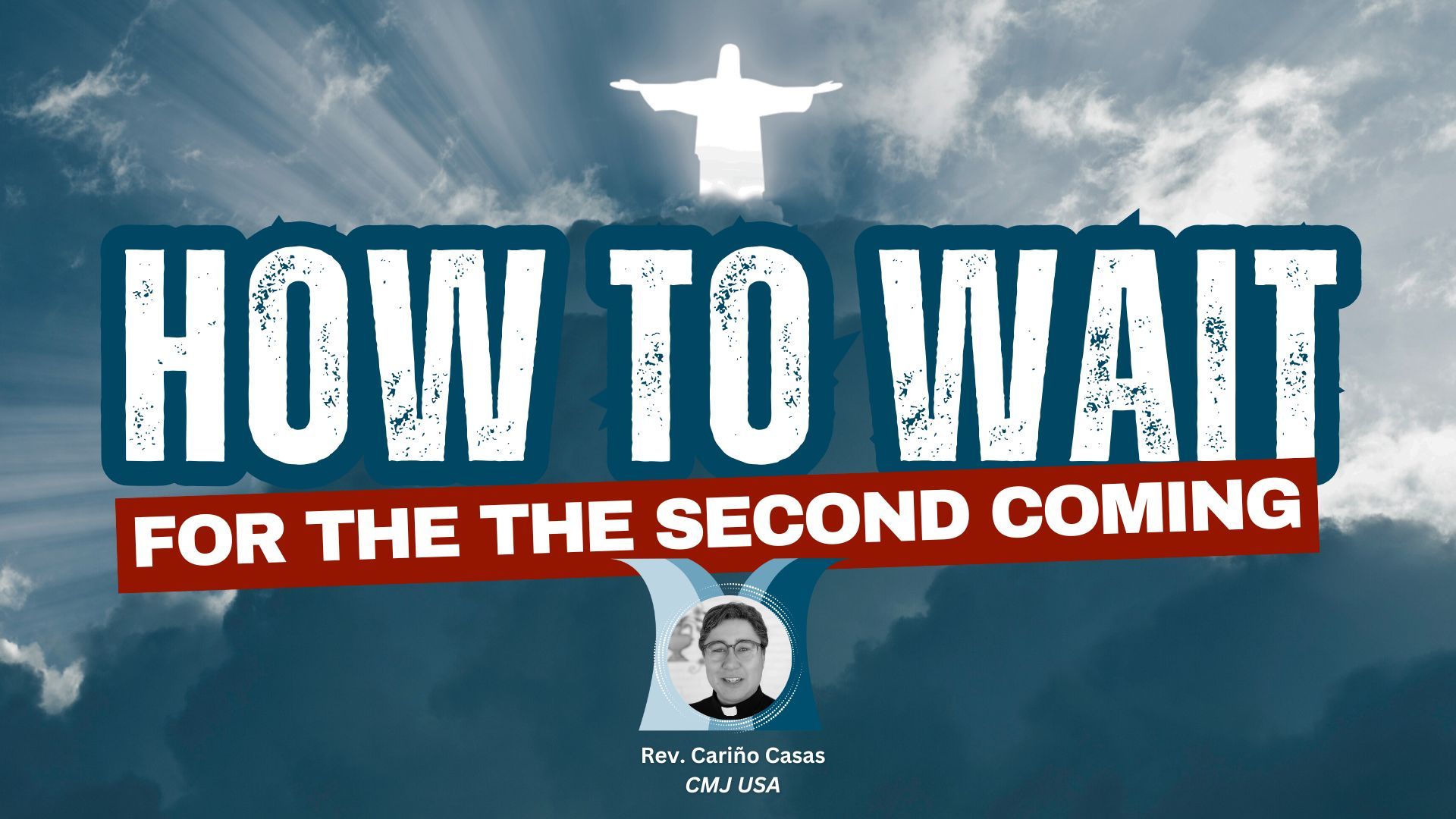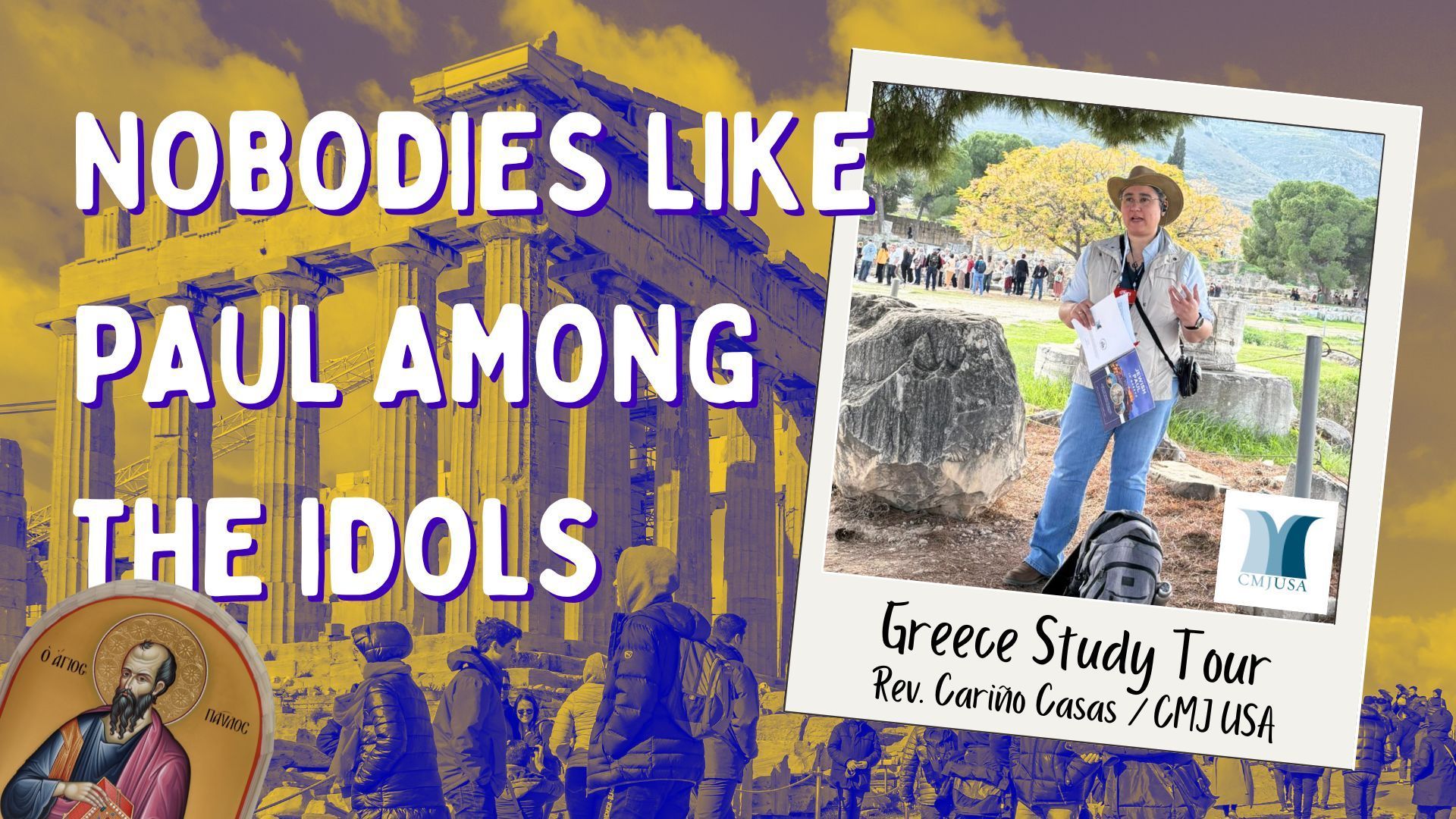Alleluia! Christ is risen!” “The Lord is risen indeed! Alleluia!”
The Messiah, Resurrection, and Israel
By Aaron Gann
CMJ USA contributor
The Feast of Easter – also known as Pascha 1 – is the principal feast of the traditional Church calendar. This day, and the Easter season following, is a time of joy and thanksgiving. This is in contrast to the previous season of Lent, which was marked by fasting, self-reflection, and repentance. The focus of the Season of Easter is Yeshua, having been, “delivered up for our trespasses” is now, “raised for our justification” (Rom 4:25). Indeed, even the season’s greetings are one of joy with the celebrant declaring, “Alleluia! Christ is risen!” and the people replying, “The Lord is risen indeed! Alleluia!” 2
While the resurrection has profound implications for salvation – and a focus on this is indeed appropriate – the resurrection is not merely about our justification but is also intimately connected with the kingship of Yeshua. The resurrection proves Yeshua’s claim as the Messiah of Israel since the resurrection of the Messiah was promised as a marker of Israel’s Messianic king.
When reading through the pages of the Hebrew Scriptures, one can find many passages that foretell a coming Messianic figure. It can be argued that the Messiah is the central theme of the Hebrew Scriptures as a whole – and by extension, the New Testament as well. Many of these passages – which speak of this figure – speak of a future king whose kingdom would stretch from river to river, who would exercise dominion over his enemies, and who would judge the nations and usher the world into a time of peace never seen before. He is one who would inherit the throne of his father David – being both David’s son and his Lord (Matt 22:41-46) – and whose kingdom would endure forever.
However, while these descriptions of the Messiah are true, there are other prophecies which speak of him in a different way. It should be noted that these prophecies are not in contention with one another. Rather, they speak of different aspects of the life of the Messiah. These prophecies speak of a coming Messianic figure who would be “despised and rejected by men, a man of sorrows and acquainted with grief; and as one from whom men hide their faces” (Isa 53:3). A man who would be assaulted by enemies, be rejected by his own people and be entangled by the cords of death. One who would cry, “My God, my God, why have you forsaken me? Why are you so far from saving me, from the words of my groaning? … my strength is dried up like a potsherd, and my tongue sticks to my jaws; you lay me in the dust of death” (Ps 22:1, 15 c.f. Matt 27:46). He does not merely reign in joy but undergoes much grief as well.
“We have found him of whom Moses in the Law and also the prophets wrote, Yeshua of Nazareth, the son of Joseph… come and see!” (John 1:45-46)
Yet, for all this, the Messiah does not merely suffer and die, being held by death and consigned to the grave. Rather, he is raised again, as the psalmist writes concerning this king: “He asked life of you; you gave it to him, length of days forever and ever” (Ps 21:4), and “you will not abandon my soul to Sheol, or let your holy one see corruption” (Ps 16:10). Though the Messiah dies to make an atonement for his people, he also lives to see followers with prolonged days (Isa 53:10). The Messiah lives forever, and from this follows his reigning over Israel and the Nations and his ruling in righteousness. Just as the darkness of Good Friday, and the silence of Holy Saturday break into the joy of Easter, so too does the suffering of the Messiah break into joy at the resurrection.
Yet, for all this, the Messiah does not merely suffer and die, being held by death and consigned to the grave. Rather, he is raised again, as the psalmist writes concerning this king: “He asked life of you; you gave it to him, length of days forever and ever” (Ps 21:4), and “you will not abandon my soul to Sheol, or let your holy one see corruption” (Ps 16:10). Though the Messiah dies to make an atonement for his people, he also lives to see followers with prolonged days (Isa 53:10). The Messiah lives forever, and from this follows his reigning over Israel and the Nations and his ruling in righteousness. Just as the darkness of Good Friday, and the silence of Holy Saturday break into the joy of Easter, so too does the suffering of the Messiah break into joy at the resurrection.

It is in the person of Yeshua of Nazareth that all these promises are fulfilled. He who is both fully man and fully God in the flesh. During the days of his earthly work 2,000 years ago he came in the spirit and power of the Lord, being God himself, and was rejected by his own people, tortured and crucified by the Romans and died upon the cross only to be resurrected on the third day. Being God himself, the grave could not hold him but instead he was resurrected and defeated Death itself. Today, Yeshua is sitting at the right hand of the Father, awaiting the time for his return when his enemies shall be made his footstool and death is fully conquered (Ps 110, 1 Cor 15:25-26). He is the one in whom these promises have been fulfilled. This means that the death and resurrection of Yeshua were not incidental events. Rather – according to the plan of God – it was quite purposeful as a sign to the Jewish people, that he is indeed the Messiah, and the King of Israel!
As we enter the great festival of Easter and proclaim the Lord’s resurrection from the dead, let us remember the great importance of the resurrection – not only for us but for the people of Israel. The resurrection of Yeshua is not merely about our salvation but is also a proclamation to the Jewish people that he is their king, sitting at the right hand of the Father until his eventual return. Let us as the Messiah’s Church remember that when we proclaim, “The Lord is risen indeed! Alleluia!” we are proclaiming to the Jewish people, “We have found him of whom Moses in the Law and also the prophets wrote, Yeshua of Nazareth, the son of Joseph… come and see!” (John 1:45-46).
Aaron Gann desires to help people develop biblical literacy and a biblically-informed love for Israel and the Jewish people. He and his wife, Rebecca, have been married for two years and reside in Raleigh, North Carolina. They serve at Redeemer Anglican Church in Raleigh as well as at L’Chaim Messianic Fellowship in Cary, North Carolina. Aaron is studying toward a master of divinity at Shepherds Theological Seminary in Cary and is an aspirant discerning a call to ordained ministry within the Anglican Church in North America.
Footnotes
[1] Greek for Pesach: Passover. For more on this see Aaron Eime’s article at CMJ Israel: https://www.cmj-israel.org/learn/easter-passover-ishtar-and-myths.
[2] Book of Common Prayer 2019 , 3rd ed. (Huntington Beach, CA: Anglican Liturgy P, 2019), 146.
Blessed by this post? Ready to sow into the work of CMJ? No gift is too small. we are blessed by your partnership.



